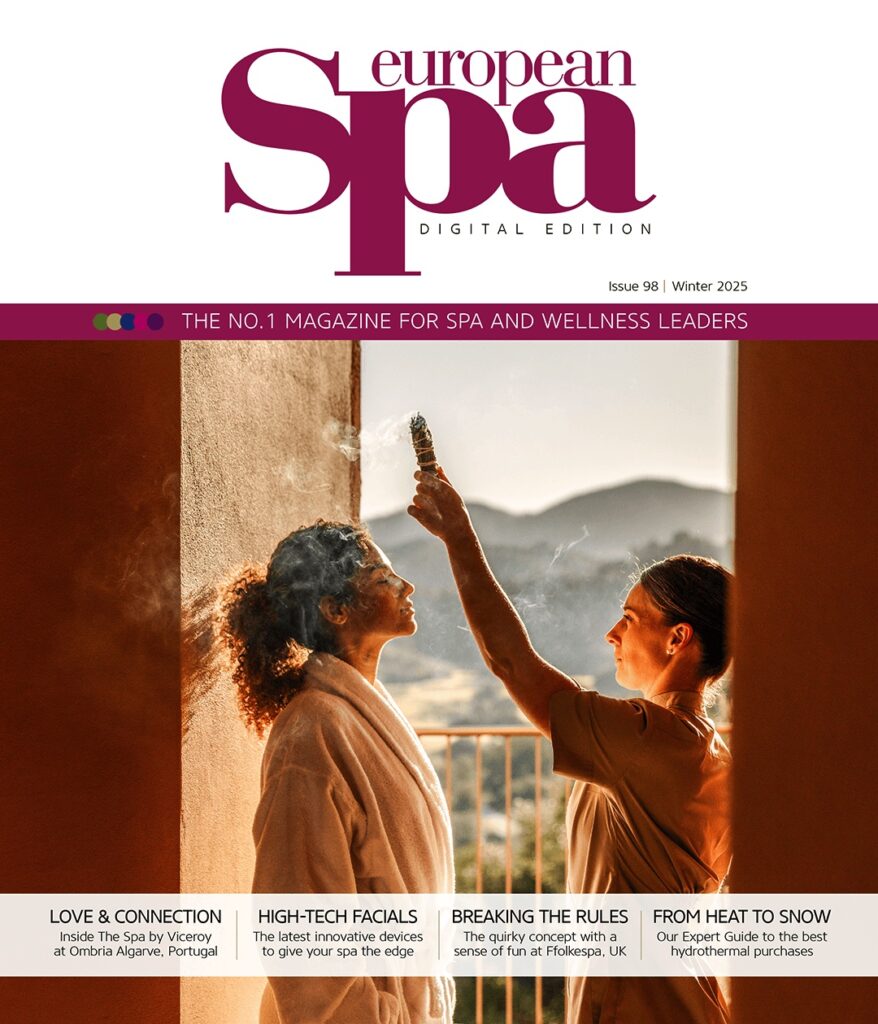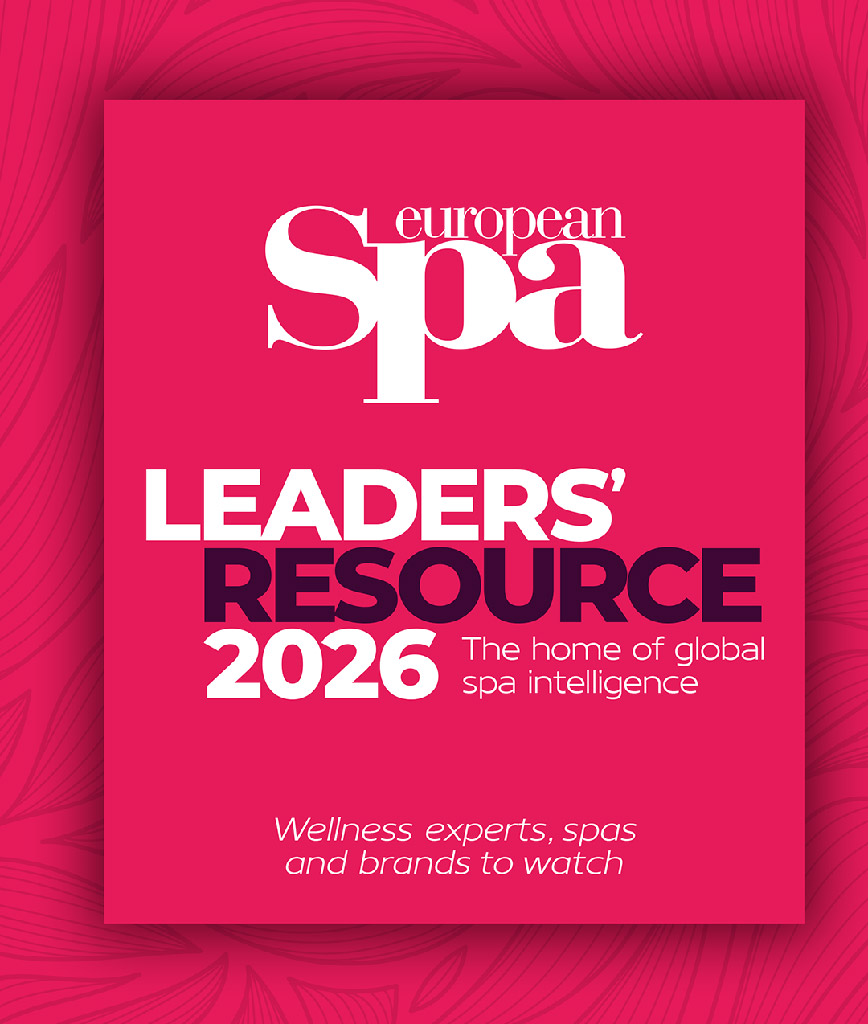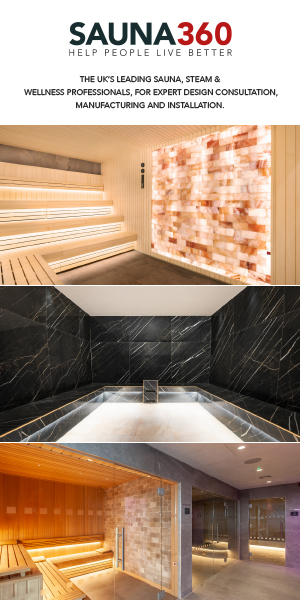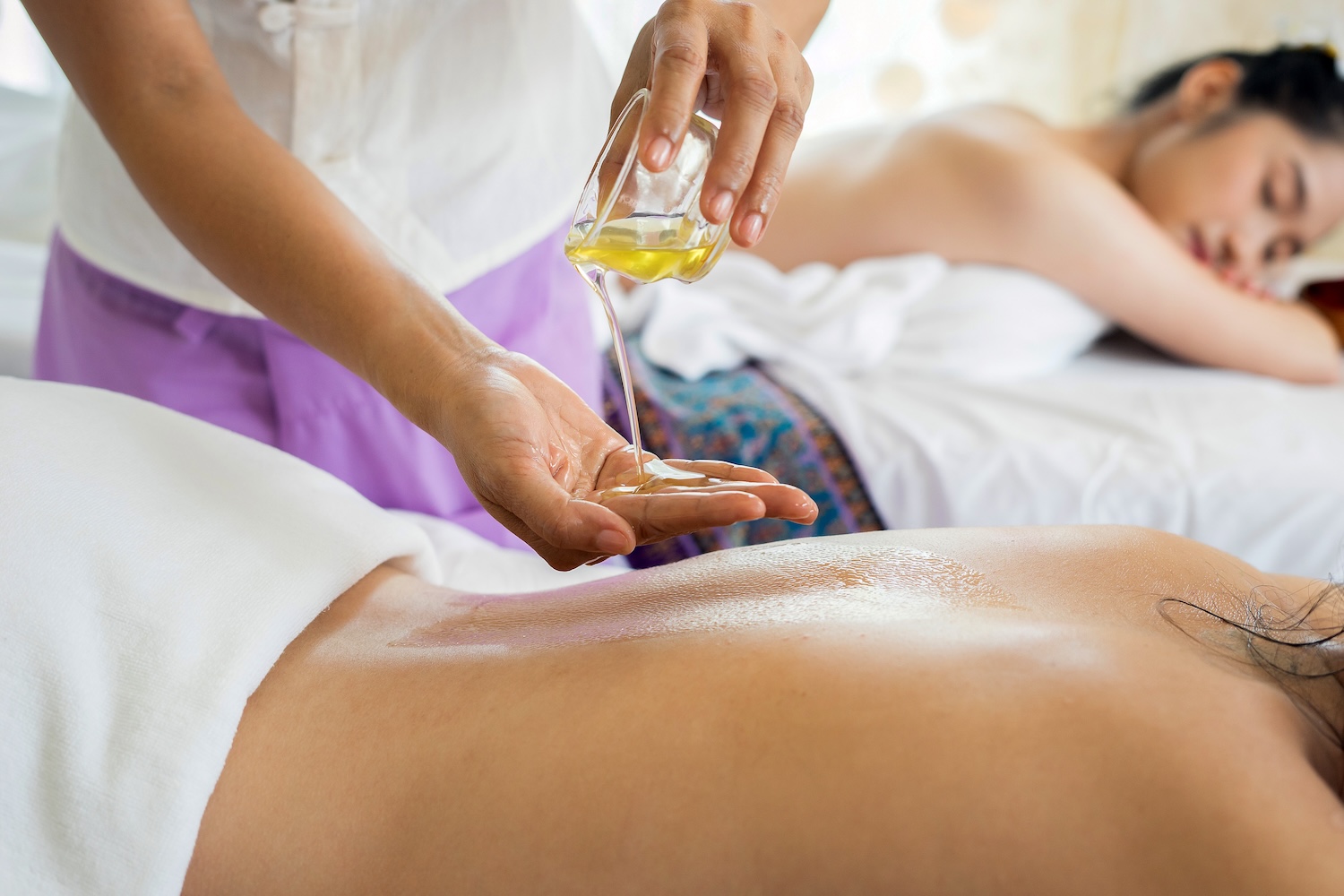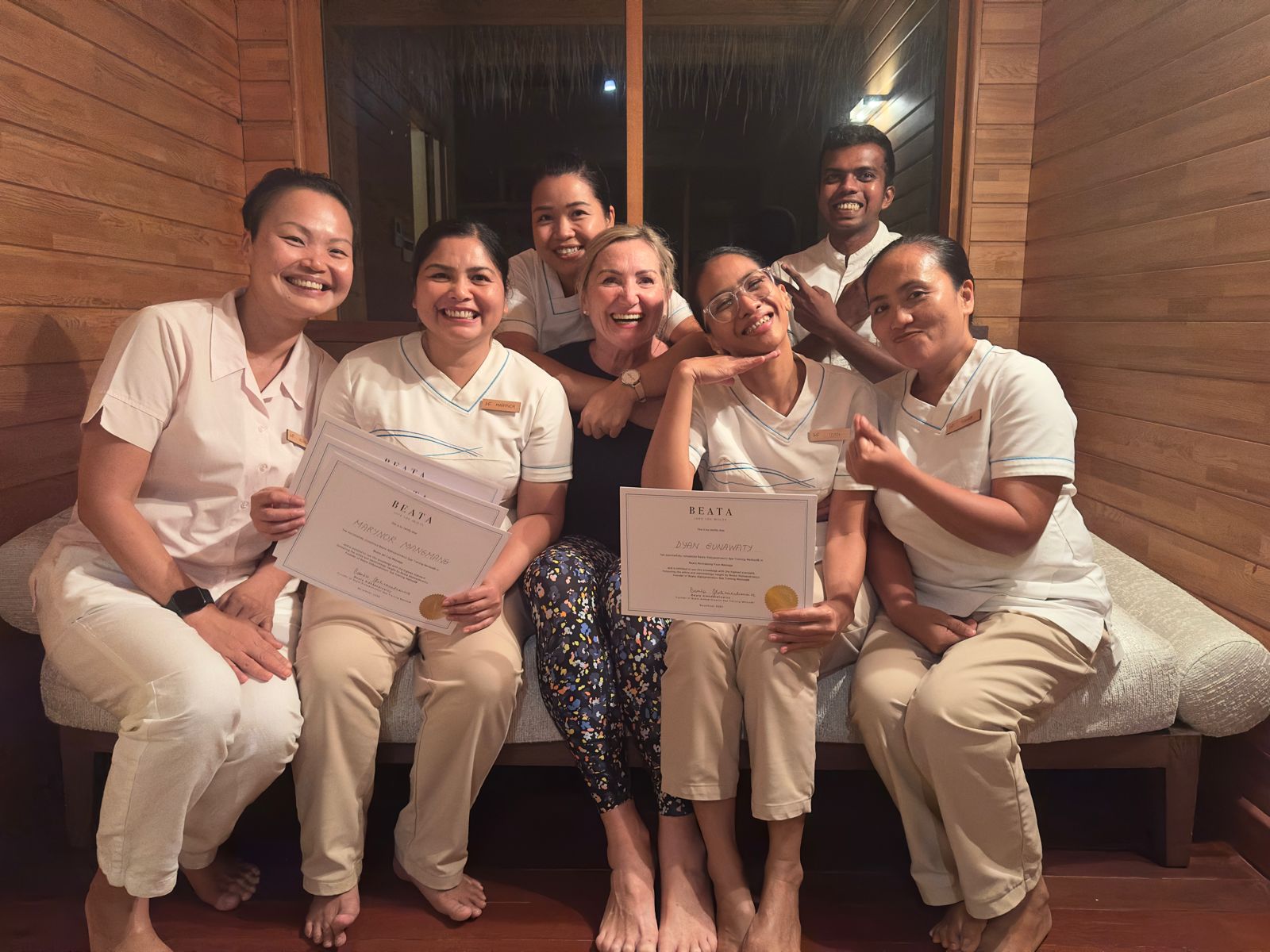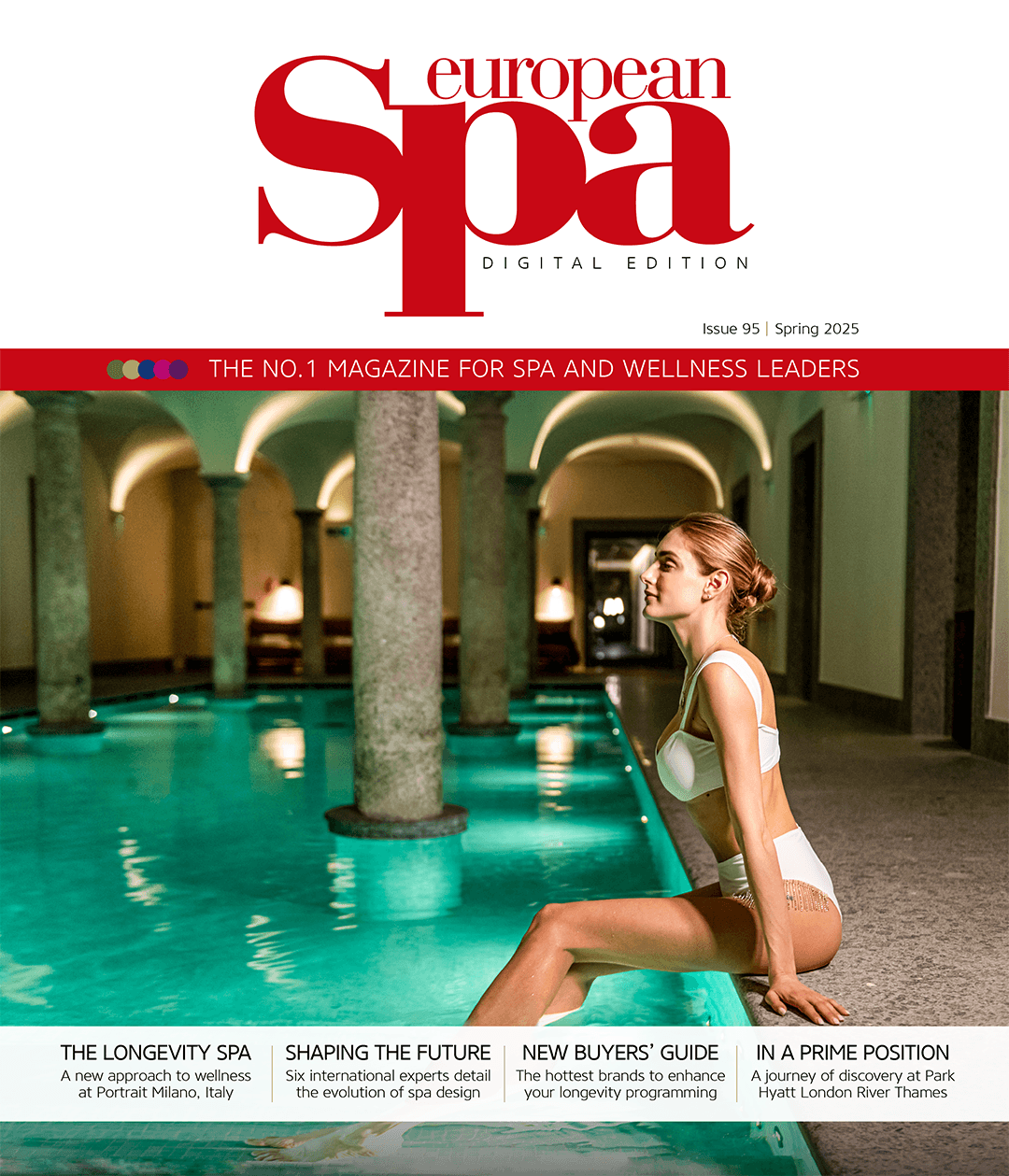What makes touch such a powerful sense?
“Touch is the mother of all senses; it helps us to grow physically and emotionally; it makes us human. Touch gives us the deepest connection with each other, bringing comfort and care, and reassuring us we are not alone.
“What sets touch apart from the other senses is its intimacy. Touch requires direct contact with the skin, the sensory organ of tactile sensation, and is fundamental to all human interaction.”
Scientifically speaking, how does touch positively affect us?
“We have around five million touch receptors in our skin, with 20,000 in our hands alone.
“Tiffany Field, a leader in touch research, concluded that when we stimulate these receptors, vagal activity increases. The vagus is one of 12 cranial nerves, with many branches all over the body. When vagal activity increases there is a significant drop in the stress hormone cortisol and an increase in our bonding hormone, oxytocin.
“There is also an increase in serotonin, which is the body’s natural antidepressant and anti-pain chemical.”
